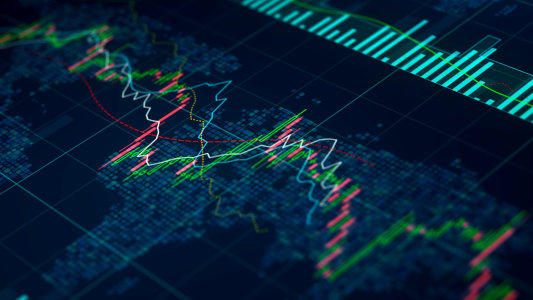How well are countries around the world combatting money laundering risks? This is a question that the 2022 Basel AML Index report (“the report”) seeks to answer.
This article explores the report and its implications for the problem of global money laundering.
What is the Basel AML Index?
The Basel Anti-Money Laundering Index is an independent annual ranking that assesses money laundering and terrorism financing (ML/TF) risk around the world, as well as related factors that impact risk such as corruption, transparency, and the rule of law.
It is important to note that the Index measures risk, rather than the actual amount of money laundering activity.
Risk scores are based on data from publicly available sources such as the Financial Action Task Force (FATF), Transparency International, the World Bank, and the World Economic Forum.
How effectively are countries tackling money laundering?
The report states that “When it comes to tackling dirty money, most countries are taking one step forward and four steps back – and remaining too many steps behind criminals seeking to launder illicit funds.”
The average global money laundering risk according to this year’s Index is 5.25 out of 10, where 10 is the maximum risk level. This represents a slight improvement overall compared to 2021, where the Index was 5.30, indicating a tiny decrease in risks relating to the quality of AML/CFT frameworks. This reflects another statement from the report that governments, as well as financial institutions and other reporting entities, are “generally getting better at assessing their risks of money laundering and applying a risk-based approach to address them.”
However, this minor positive development has been offset by increased risks in the other four areas measured by the Basel AML Index: corruption, financial transparency, public transparency, and political/legal risks.
What needs to be improved?
According to the report, key areas for improvement correlate with areas where criminals are innovating. For example, criminals are increasingly using digital currencies and virtual assets in creative ways to facilitate crimes and evade law enforcement. Authorities around the world are reportedly “dragging their feet” when it comes to compliance with international standards on risks from virtual assets.
However, it is not only areas where criminals are innovating that require serious attention. Authorities are also reportedly progressing too slowly in areas that have long been a weak spot for ML/TF, such as beneficial ownership transparency and international cooperation.
Why does progress matter?
Weak AML/CFT systems allow criminals to steal and launder money from people around the world. This hinders sustainable development and can seriously impact business and investment opportunities. For example:
- Small businesses from high-risk jurisdictions may have trouble gaining contracts to supply overseas firms.
- Financial institutions and investors may shy away from high-risk countries, seeking to avoid exposure to reputational and operational risks as well as the high cost of compliance.
High AML/CFT risks also correlate highly with environmental crime, and sources of illicit funds all too often come from crimes that directly impact the planet. An indicator of environmental crime has been included in this year’s Index in recognition of this.
Key takeaways
Despite a slightly improved global score in the 2022 Basel AML Index, most countries still are not doing enough to effectively combat money laundering and terrorism financing risks. Global authorities need to ensure better compliance with international standards on risks from virtual assets, in addition to improving performance in other areas such as beneficial ownership transparency and international cooperation. Making progress has significant global implications for sustainable development, the economy and the environment.



